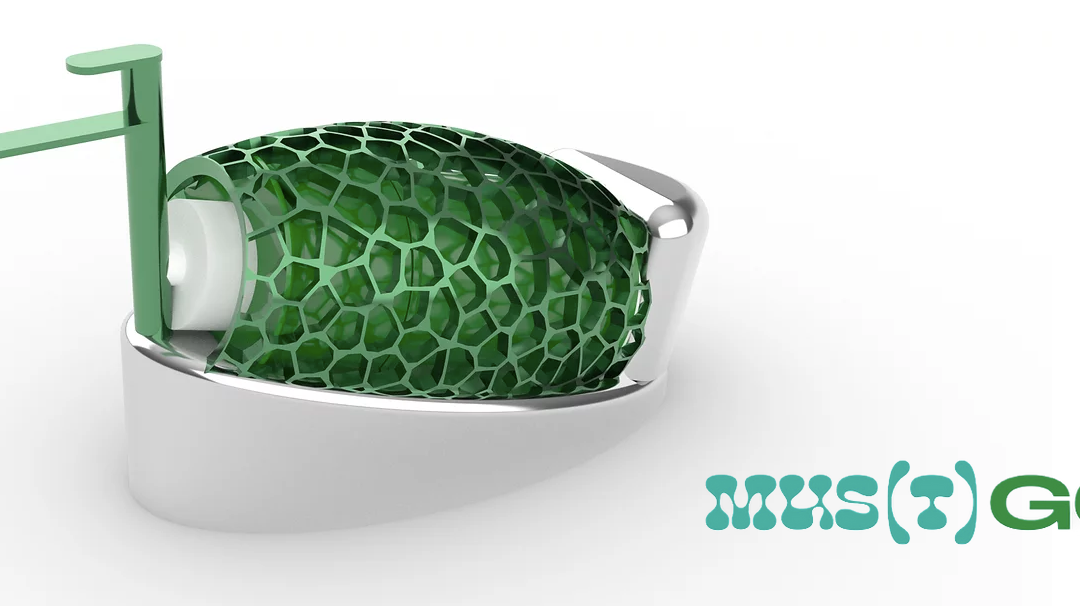
Even though microplastics have not yet been proved to cause harm to the human body, scientists are working on a way of preventing us from ingesting them. In Colombia, design students have created a filter made out of moss to capture microplastics and pollutants from drinking water.
This filter lasts for two months and during its life it can trap 80 grams of microplastics which is the equivalent of 16 credit cards. They call the filter MUS(T)GO.
“[Moss] is such a little organism, and it does so much for the entire ecosystem,” Maria Paula Osorio, a student at the Bogota university who designed the product, told Fast Company. “We understood how amazing this natural creature is and wanted to do something that matters.”
The moss which the filter is made of comes from a region in the Andes Mountains called Paramo. This moss filters water in streams and provides about 40 million people with drinkable water across northern South America.
MUS(T)GO’s filter uses a steel spiral which looks like an Archimedes screw and inside the spiral there’s an array of different sphagnum moss grown in nurseries. This design is to be used by poorer communities who don’t have access to other types of filters.
After about two months the moss will be full of microplastics so the team wants to try and invent a way to turn the used filters into bioplastic. And as Good News Network wrote: “While nature seems powerless to prevent plastic pollution, through her incredible diversity we might just be able to do it on her behalf.”
Picture: MUS(T)GO





